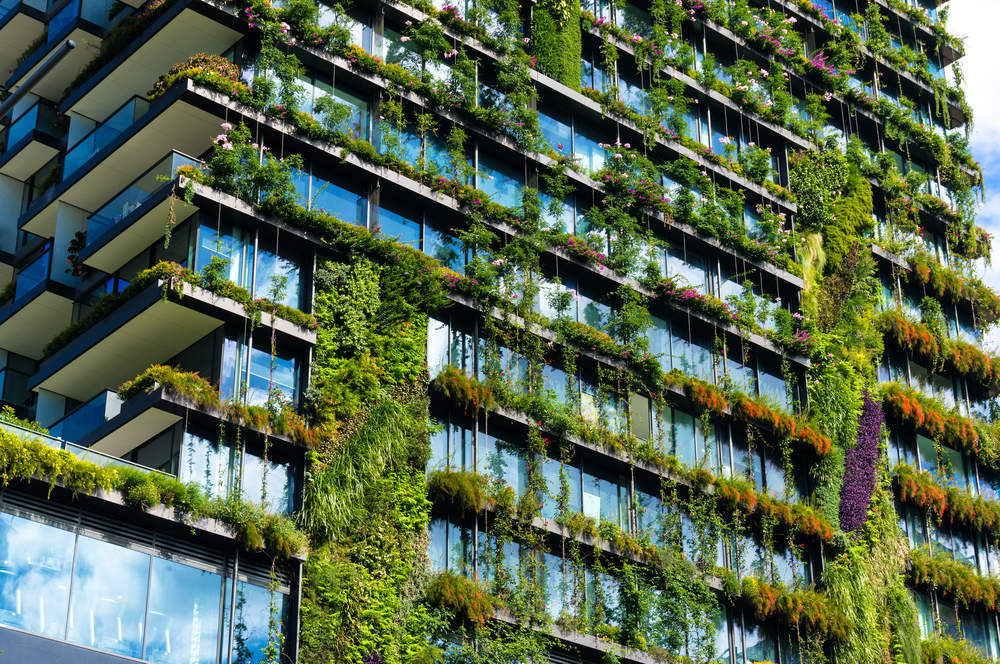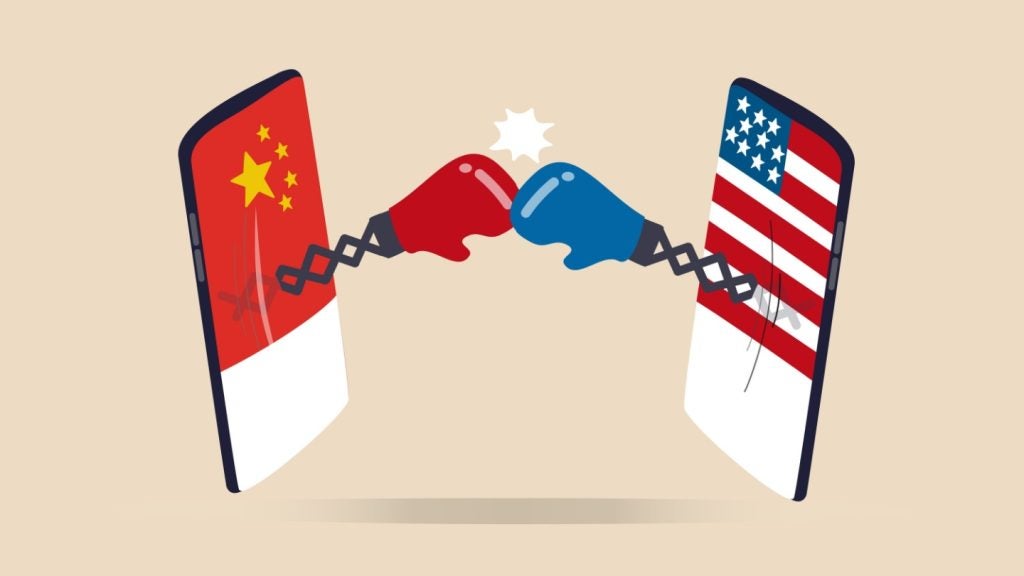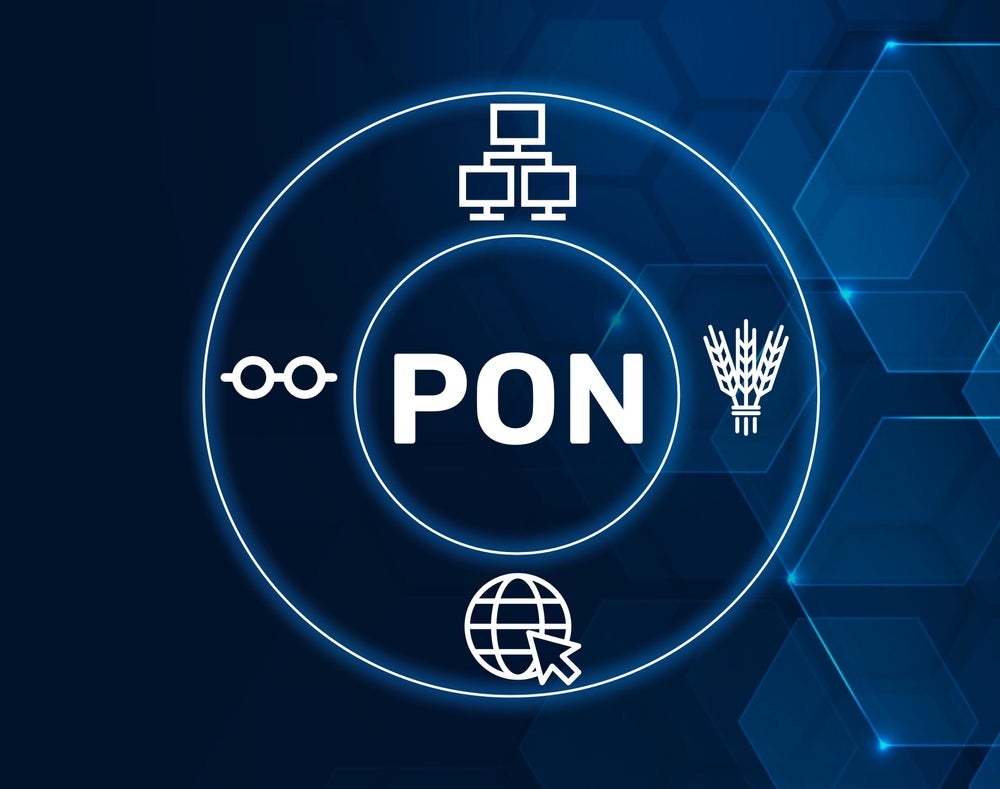
In the past, being eco-friendly and sustainable were rarely main priorities for major corporations. Now however, it is a different story, with governments and society encouraging businesses to go green.
Verdict has found some of the best things being done by companies as they try to become more eco-friendly.
Ikea

In 2012 the Swedish brand announced its ambition to be powered by 100 percent renewable energy sources by 2020.
At present, over 700,000 solar panels power IKEA’s various stores. It currently receives close to 50 percent of its wood from sustainable foresters and 100 percent of its cotton from farms that meet the Better Cotton Standards; prioritising a lower use of water, energy and chemicals.
Unilever
The Dutch-British consumer goods company has a so-called sustainable living plan that sets targets for sourcing, supply chain and production on everything from energy and water use to treatment of suppliers and communities where the brand operates.
Three quarters of its non-hazardous waste does not end up in landfills and the number of its agricultural suppliers that use sustainable practices has tripled since 2010.
BMW
According to Toronto-based company Corporate Knights, the German brand was the most sustainable company of 2016, praised for its efficient use of water, energy and lack of waste.
Its sustainable actions include an increased emphasis on electric vehicles and the linking of senior executive’s salaries to their sustainability performance.
Nike

Nike topped the 2015 Morgan Stanley’s list of the most sustainable footwear and clothing brands — a title that is perhaps unprecedented but is due to their recent moves to make their brand more eco-friendly.
They have introduced an app that allows designers to compare the environmental footprint of different fabrics, redesigned their boxes to try and cut down on packaging, and have introduced the use of post-consumer recycled materials in some of their products.
Patagonia
The outdoor clothing brand has committed to being more environmentally friendly in a variety of ways — for one they actively encourage customers not to buy goods that they don’t need (including their own!) and have set up a program to repair rather than replace their products.
The items they sell also contribute to their green incentive, repurposing natural rubber and plastic bottles to make wet suits and parkas
Panasonic

The company had its headquarters in New Jersey moved from the suburbs to an LEED-certified building in downtown Newark close to Penn Station.
The reason for this move was to decrease the need for employees to drive to work, and in effect reducing their carbon footprint.
Adobe
The brand managed to obtain LEED certification for over 70 percent of its workspaces and since 2000 has reduced its water by over 60 percent.
The latter was achieved through installing environmentally friendly fixtures and using native plants in their landscaping.
Allergan
The Botox producer won the Environmental Protection Agency’s EnergyStar award for the fifth time in 2016.
Its commitment to sustainability is shown in its policy on water conservation that is grounded in reporting and bench making — expanding its program of energy conservation and waste reduction to both its direct operations and its supply chain.
Go Lite
This Colorado-based outdoor equipment company has the ambitious goal of mitigating 100 percent of its environmental footprint, aiming to make its headquarters a zero waste facility by recycling or composting all of its waste.
At present 67 percent of its materials are environmentally preferred (like recycled polyester and nylon), with the aim of making this 100 percent by 2015. It also has a product take-back system that pledges to recycle and reuse items returned by customers.
New Belgium Brewing
This company, the maker of Fat Tire Amber Ale, monitors and records all of its energy use, waste production, emissions and recycles.
In addition it reuses and composts more than 75 percent of waste it produces in manufacturing, diverting 99.9 percent of its waste from landfills.
They also encourage employees to cycle rather than drive to work, making bikes and a Prius available to workers to run local errands.







